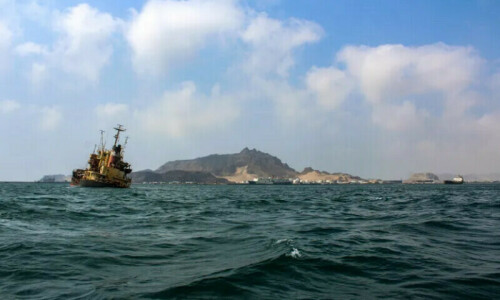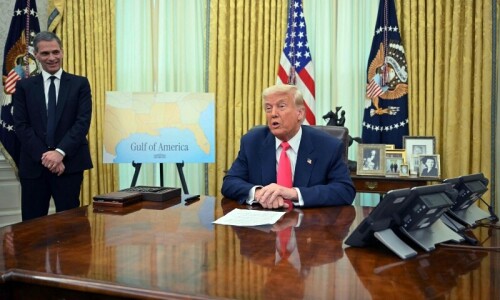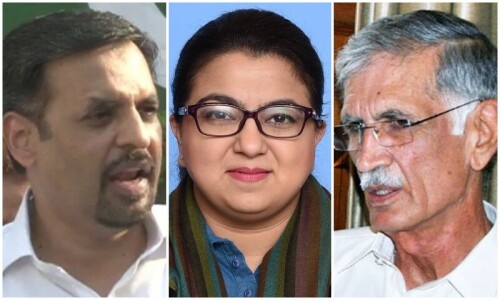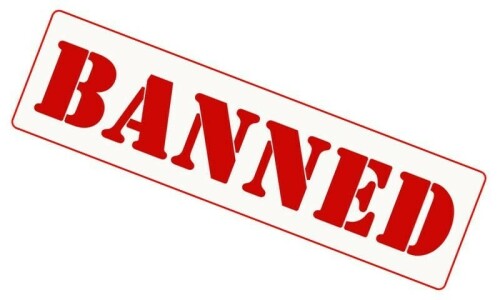THIS refers to the article “A ‘project’ economy” (Feb 13) which cautioned the policymakers of the grim economic and financial situation by drawing parallels with the events that unfolded in Sri Lanka. Its government failed to navigate through the grave economic crisis that erupted full blown in 2021 which ultimately led to sovereign default in April 2022.
Political instability exacerbated the worsening of the economy and triggered widespread social unrest with violent street protests. Much similarity exists in the Sri Lanka situation and of current Pakistan. Having a population of 22 million, or one-tenth of Pakistan’s, Sri Lanka had reserves worth $1.8 billion that were sufficient to cover 30 days of that country’s imports when it defaulted.
In our case, the reserves have fallen below $3 billion, sufficient to cover 15 days of imports to cater to a population of 220 million. Pakistan’s economy is heavily dependent on imports for almost everything, including food items, crude oil, petroleum products, gas, raw materials, finished consumer goods and capital goods.
The situation on the ground is scary. The International Monetary Fund (IMF) tranche is not going to come anytime soon. It may come as soon as next month if all conditions are complied with, including commitment of rollover and new loans from friendly countries.
It is unlikely that Pakistan can survive another 4-5 weeks without external funding. If Pakistan goes the Sri Lanka way and defaults, it would fuel massive social unrest because of shortages and price hike.
Having said that, sovereign default may actually be a blessing in disguise as it may force the ruling class to carry out crucial reforms and implement pro-poor policies as opposed to pro-rich policies that have played havoc with the economy over the years.
Arif Majeed
Karachi
Published in Dawn, February 25th, 2023













































